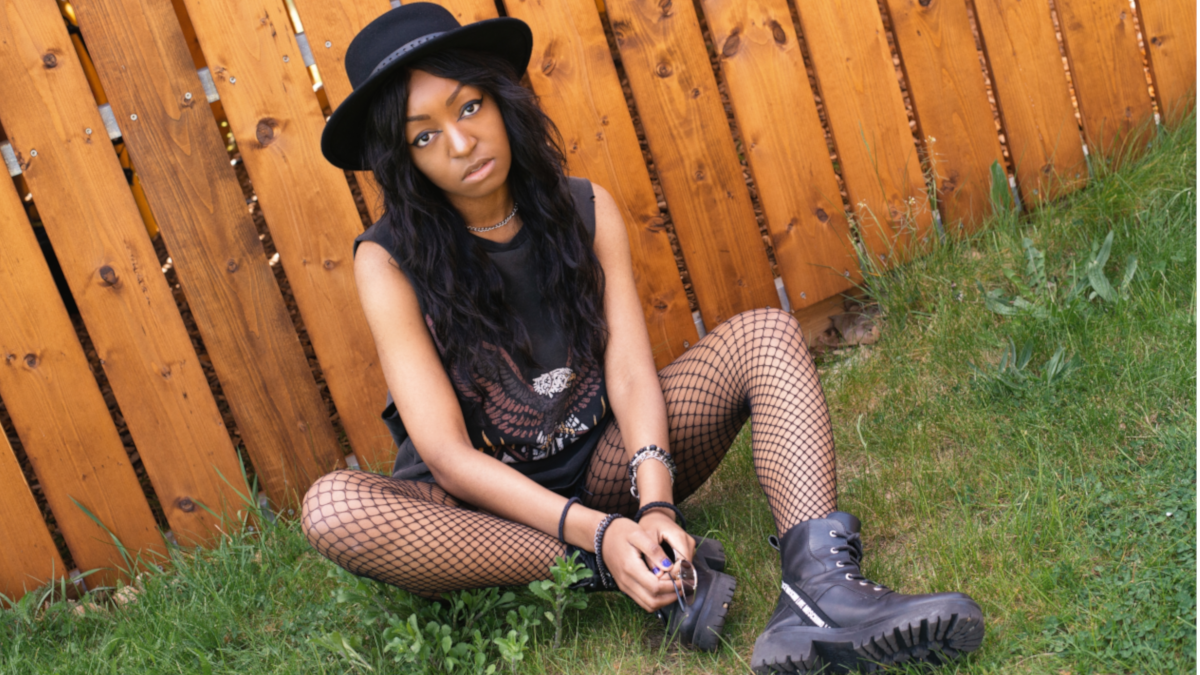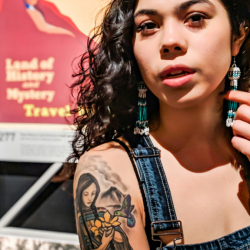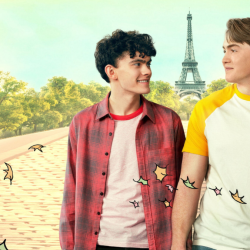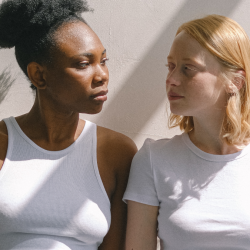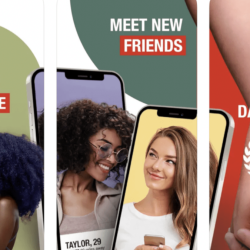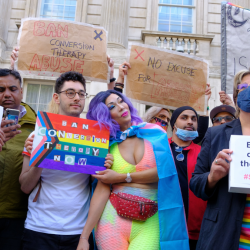It sometimes seems like we’re entering a period of what can only be described as ‘identity fatigue’. As an activist raising awareness for the lesser-known identities of asexuality and aromanticism, much of my work is often met with the complaint of: ‘This is too far,’ and ‘There’s too many labels.’ Those who have spent their lives never having to analyse their identities or feel the weight of it, are left feeling as if we’re living through a new craze where labels are coming out of nowhere — just so that a select group of young people can feel ‘different.’
Admittedly, there’s an increasing amount of new terminology used more commonly in everyday conversation. When it comes to queer identities in particular, the list of labels is ever-expanding as our self-expression and freedom increases. But this isn’t a new phenomenon, and it wasn’t a precedent that the younger generations set. If anything, we’re following the lead of those who came before us.
We exist in a country that has seen its diversity change through colonialism, immigration, and globalisation, bringing even more labels to populations which had already been studied, labelled and stigmatised, long before they reached our shores. We’ve seen changing laws equalise our rights and lead to people being able to explore their identities openly — which completely changed the ever-evolving way we think about gender, sexuality, and its impact on our roles.
There were identities centred around industries that have become obsolete, lifestyles that went out of style or kilter with our contemporary society, and our labels have changed with them. We saw the era of the hippies, punks, New Romantics, Mods, Rockers, Ravers, and Teds — young people finding their tribes based on common interest, experience and, at times, countercultural rebellion.
Our inclination to label pretty much anything isn’t new — it’s something that’s been done for centuries. There have been labels for variations in our personalities, bodies, class, ethnicities, age groups, intelligence, and even the shape of our noses. Arguably, those labels were used to divide us. They were used to classify, control, limit and stigmatise us. They were often beyond our control, given to us by those in a position of power and influence. Now, labels have become something marginalised groups used to empower ourselves.
For almost a decade I thought I was doing my best to avoid labels
When someone asked me about my sexual orientation, I found a way to dodge the question. I didn’t want to describe myself as ‘asexual’ because I didn’t want the negative attention — I wanted to avoid the invasive questions, the stereotyping, and the need to constantly give TED Talks. I also wanted to avoid associating myself with something I was uncertain about. It wasn’t my experience that I was entirely uncertain about, it was whether associating myself with a community and incorporating it into my identity would be helpful. I wasn’t sure whether I ‘fit’ the label, but at the time, I failed to recognise that wasn’t important.
A label is just a piece of terminology to articulate your experience. People aren’t meant to fit labels, the labels are meant to fit them. I wasn’t simply avoiding using the label ‘asexual,’ I was avoiding articulating a big part of my experience and perspective, which meant restricting myself from people who understood a part of my life that most others did not. It meant limiting my experiences and feeling alone in them. Openly identifying as asexual did lead to the invasive questions and stereotypes, ones I was specifically worried about. It’s led to me receiving widespread abuse and harassment, often by those who don’t understand why I’d use a label and don’t understand what that label means.
But it has also led to incredible experiences, connections and insight that I didn’t have before. It was one of the benefits of labels, one that gets a little lost in the discourse. In helping people articulate the way they experience the world, we increase our potential to understand and relate to each other. It isn’t just people who also identify as asexual that I’ve been able to connect to — it’s those from many walks of life, because it’s much easier to connect with people when you’re being honest about who you are.
There’s no need to use labels to feel different. We live in a world where it’s sometimes so obvious that we’re all different from one another that it becomes alienating. Labels are for unifying people, and for that reason, division isn’t a necessary consequence.
Featured image: 13th Life Photography




















